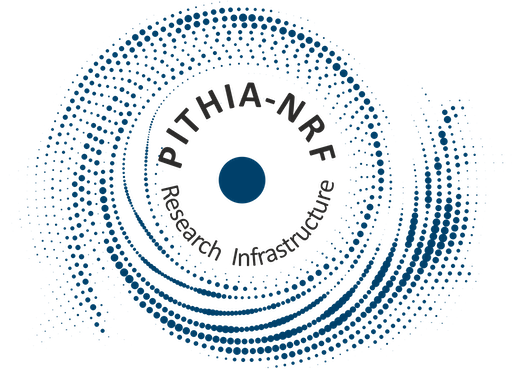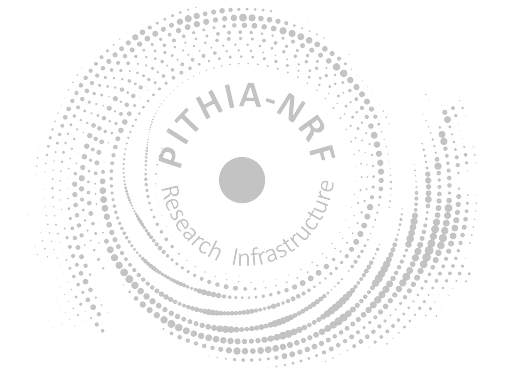<?xml version="1.0" encoding="UTF-8"?>
<Instrument xmlns="https://metadata.pithia.eu/schemas/2.2" xmlns:xlink="http://www.w3.org/1999/xlink" xmlns:xsi="http://www.w3.org/2001/XMLSchema-instance" xsi:schemaLocation="https://metadata.pithia.eu/schemas/2.2 https://metadata.pithia.eu/schemas/2.2/pithia.xsd">
<identifier>
<PITHIA_Identifier>
<localID>Instrument_Ionosonde_Dynasonde</localID>
<namespace>noaa</namespace>
<version>2</version>
<creationDate>2022-11-07T14:00:00Z</creationDate>
<lastModificationDate>2025-01-16T12:09:00Z</lastModificationDate>
</PITHIA_Identifier>
</identifier>
<name>Dynasonde Advanced Ionospheric Sounder</name>
<description>The Dynasonde evolved at NOAA between 1970-1980 as an ionosonde capable to measure the dynamics of the ionosphere. In 1975, the original hardware prototype (NOAA HF Radar) was selected for operational implementation. in total three copies were built by 1978. System no 4 was built for the Tromso facility in Norway; another two modernized versions were built in the late 1980s. Continuing hardware improvements and software development have maintained the remaining operational original Dynasondes at a state of the art functionality. Modern instruments using the Dynasonde techniques have later been developed. These include the Vertical Incidence Pulsed Ionospheric Radar (VIPIR).</description>
<type xlink:href="https://metadata.pithia.eu/ontology/2.2/instrumentType/Ionosonde"/>
<operationalMode>
<InstrumentOperationalMode>
<id>ionosounding</id>
<name>Standard ionospheric sounding </name>
<description>
The instruments perform regular ionospheric soundings,
nowadays typically down to 2 minutes. The instruments work
by transmitting sets of pulses and sampling the return
signals from individual receiving antennas in an array. The
signal is processed with the DSND and NeXtYZ algorithms
developed by N. Zabotin and coworkers. Analysed parameters
are the standard ionospheric critical frequencies and
heights, echo angles of arrival, E and F region drift
velocities, electron density profiles, and irregularity
parameters.
</description>
</InstrumentOperationalMode>
</operationalMode>
<operationalMode>
<InstrumentOperationalMode>
<id>special</id>
<name>Special modes</name>
<description>
The hardware is highly configurable and can also be used for
special purposes, e.g. single-frequency sounding. As an
example, the EISCAT Dynasonde was sometimes connected as an
exciter and receiver for HF radar measurements with the
EISCAT HF Heating facility before it was upgraded with its
present digital synthesizers and software-defined receivers,
</description>
</InstrumentOperationalMode>
</operationalMode>
</Instrument>

